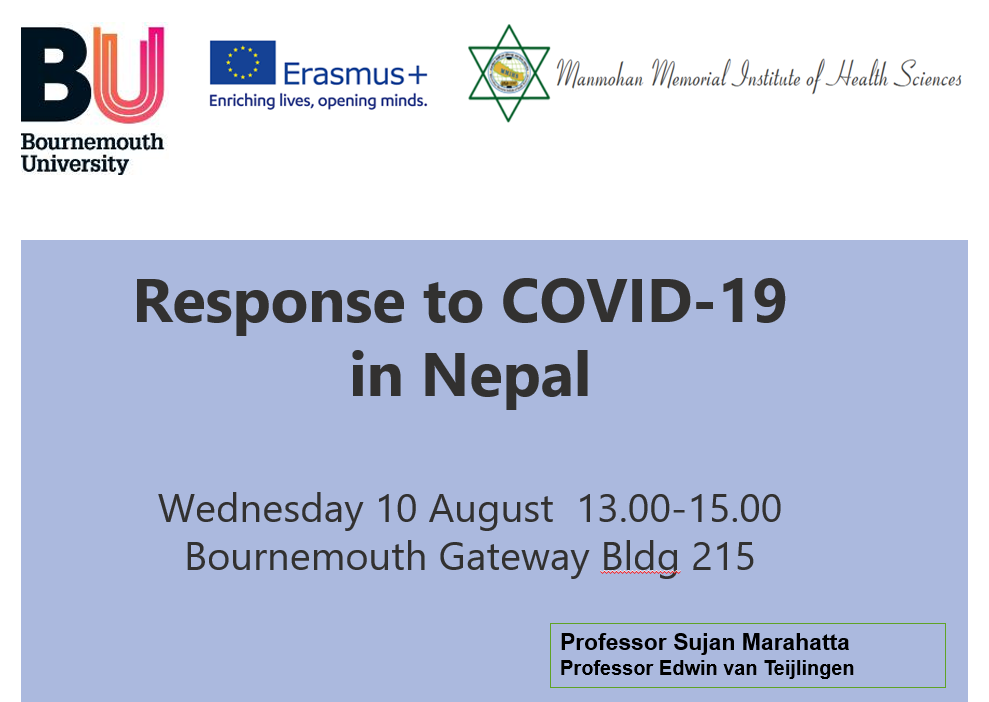 Yesterday (10th August) Prof. Sujan Marahatta from Manmohan Memorial Institute of Health Sciences (MMIHS) gave an insightful talk under the title ‘Response to COVID-19 in Nepal’ to colleagues at Bournemouth University. Prof. Marahatta arrived in the UK yesterday morning and straight off the bus from Heathrow airport came to present in the Bournemouth Gateway Building. He is at Bournemouth University as part of the ERASMUS+ Key Action 107 which includes the exchange of academic staff and students between the UK and Nepal, between BU and MMIHS. His talk covered his role in writing the official report ‘Responding to COVID-19’.
Yesterday (10th August) Prof. Sujan Marahatta from Manmohan Memorial Institute of Health Sciences (MMIHS) gave an insightful talk under the title ‘Response to COVID-19 in Nepal’ to colleagues at Bournemouth University. Prof. Marahatta arrived in the UK yesterday morning and straight off the bus from Heathrow airport came to present in the Bournemouth Gateway Building. He is at Bournemouth University as part of the ERASMUS+ Key Action 107 which includes the exchange of academic staff and students between the UK and Nepal, between BU and MMIHS. His talk covered his role in writing the official report ‘Responding to COVID-19’.
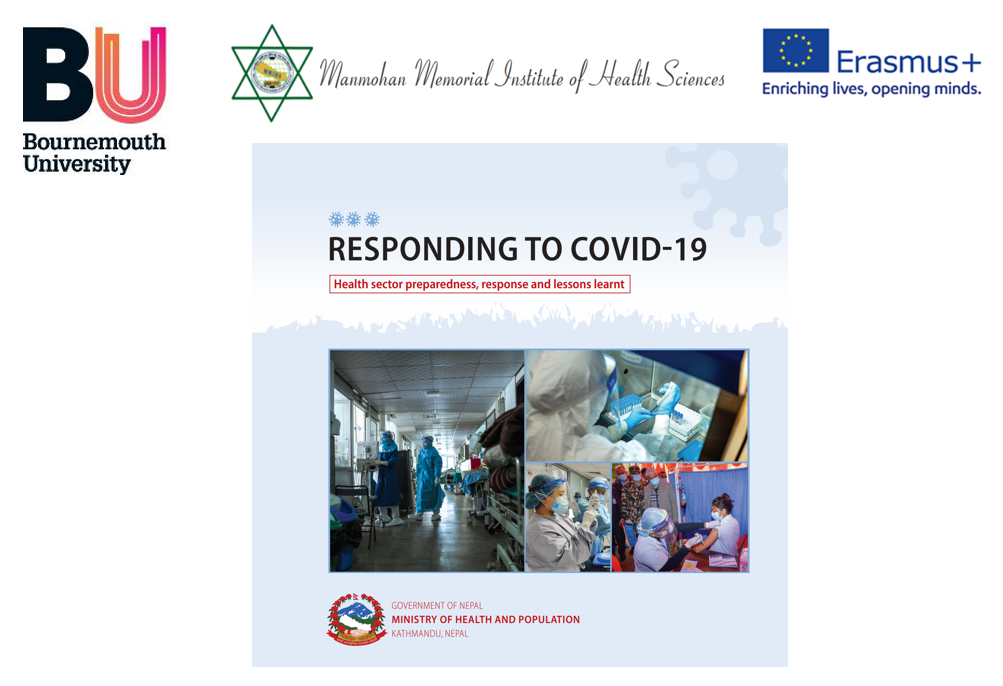
He also spoke about the various joint studies conducted between MMIHS and academics in BU’s Faculty of Health & Social Sciences. These collaborations include a range of BU academics, Dr. Pramod Regmi, Dr. Catherine Angell, Dr. Preeti Mahato (who recently moved to Royal Holloway), Prof. Carol Clark, Prof. Edwin van Teijlingen, Dr. Nirmal Aryal, Dr. Shanti Shanker, and Prof. Vanora Hundley. 
Erasmus+ is the European Commission’s flagship for financial support of mobility for Higher Education students, teachers and institutions. The British Councill is the funding agency in the UK and coordinates the funding at a national level. BU is proud to be part of Erasmus+.
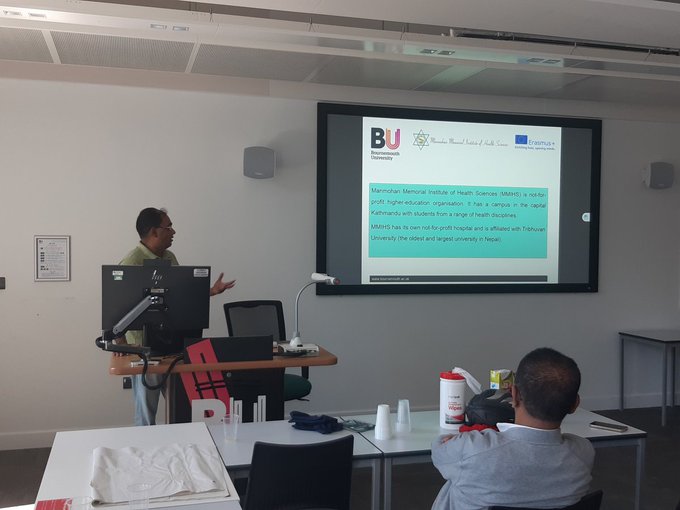


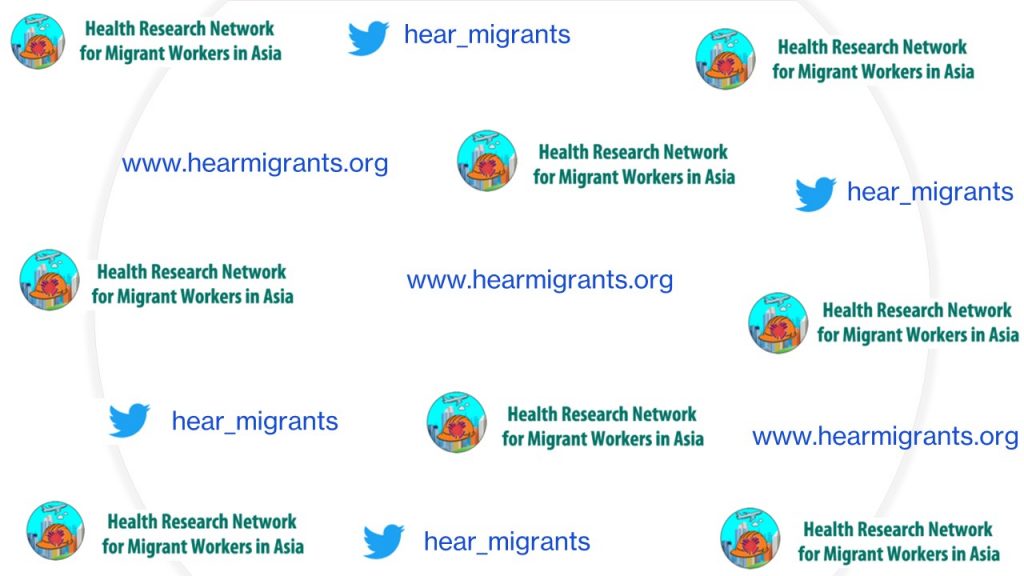

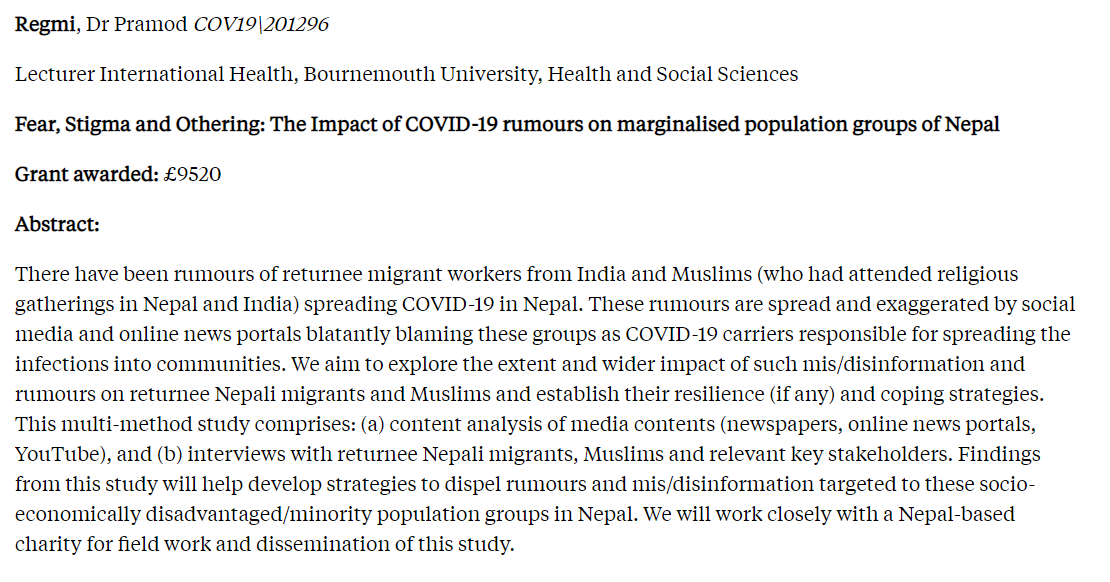


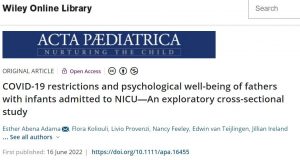
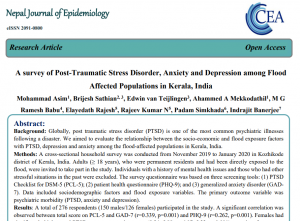


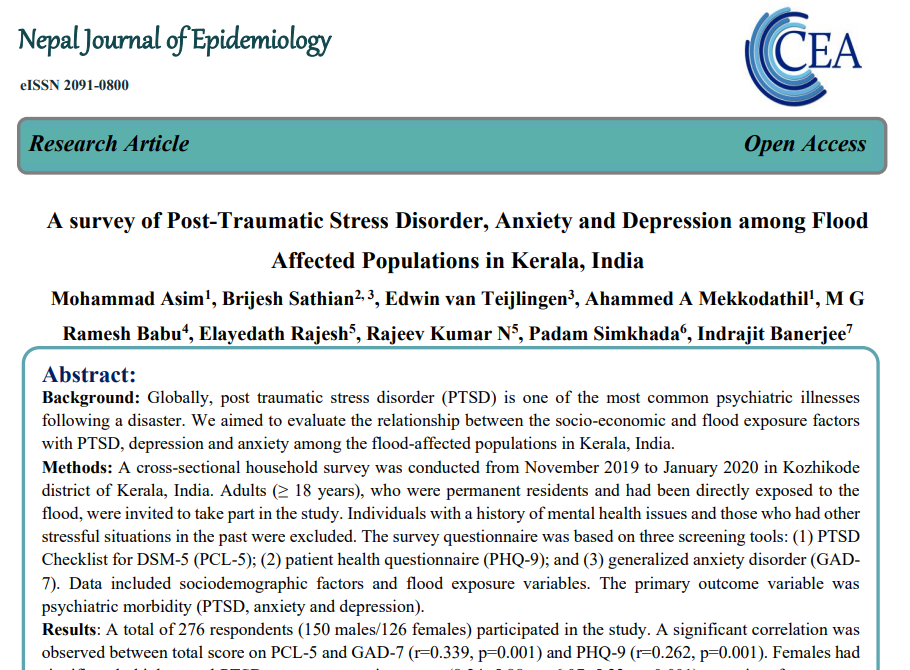



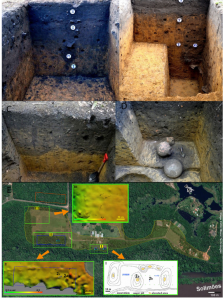

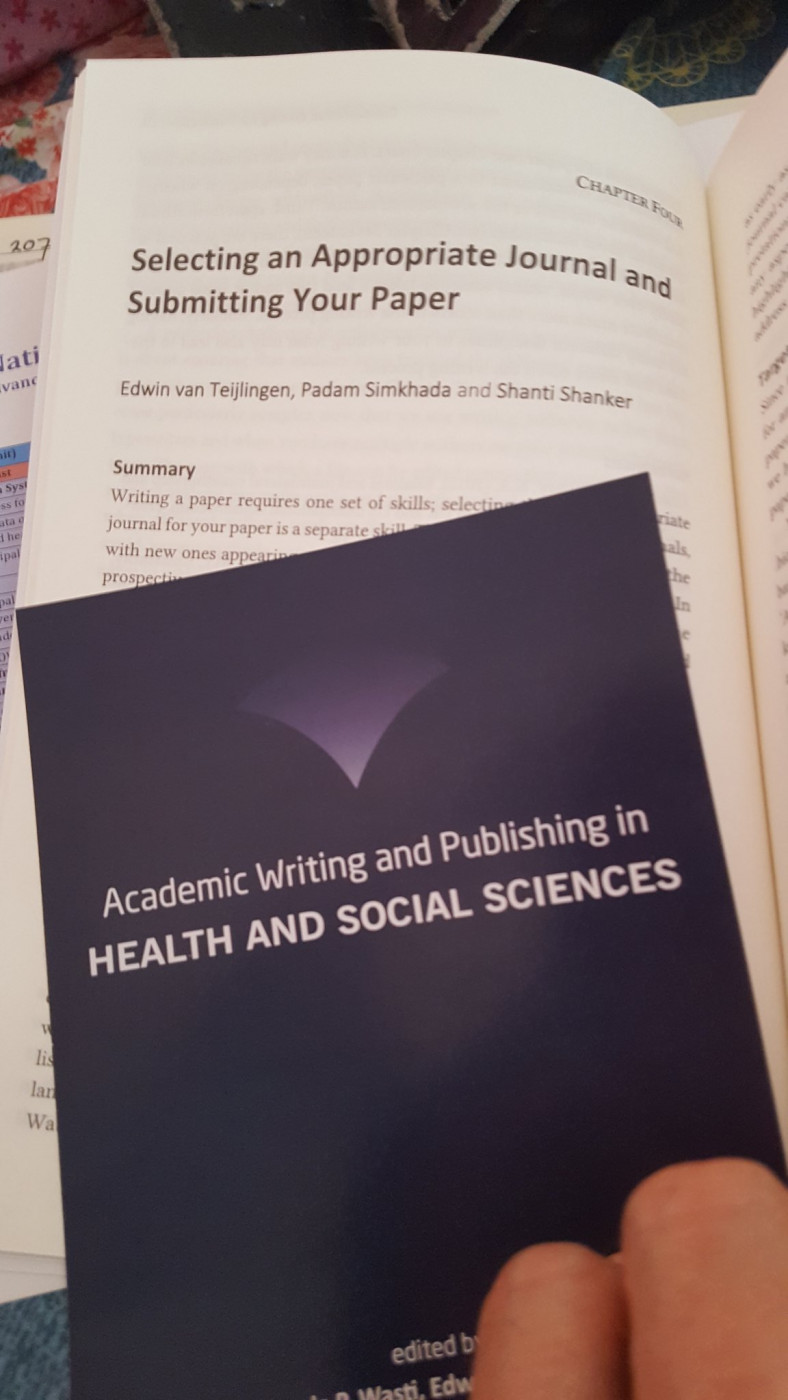



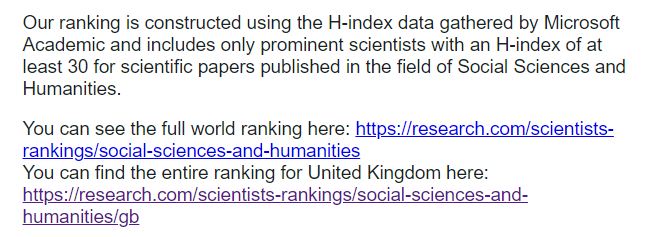
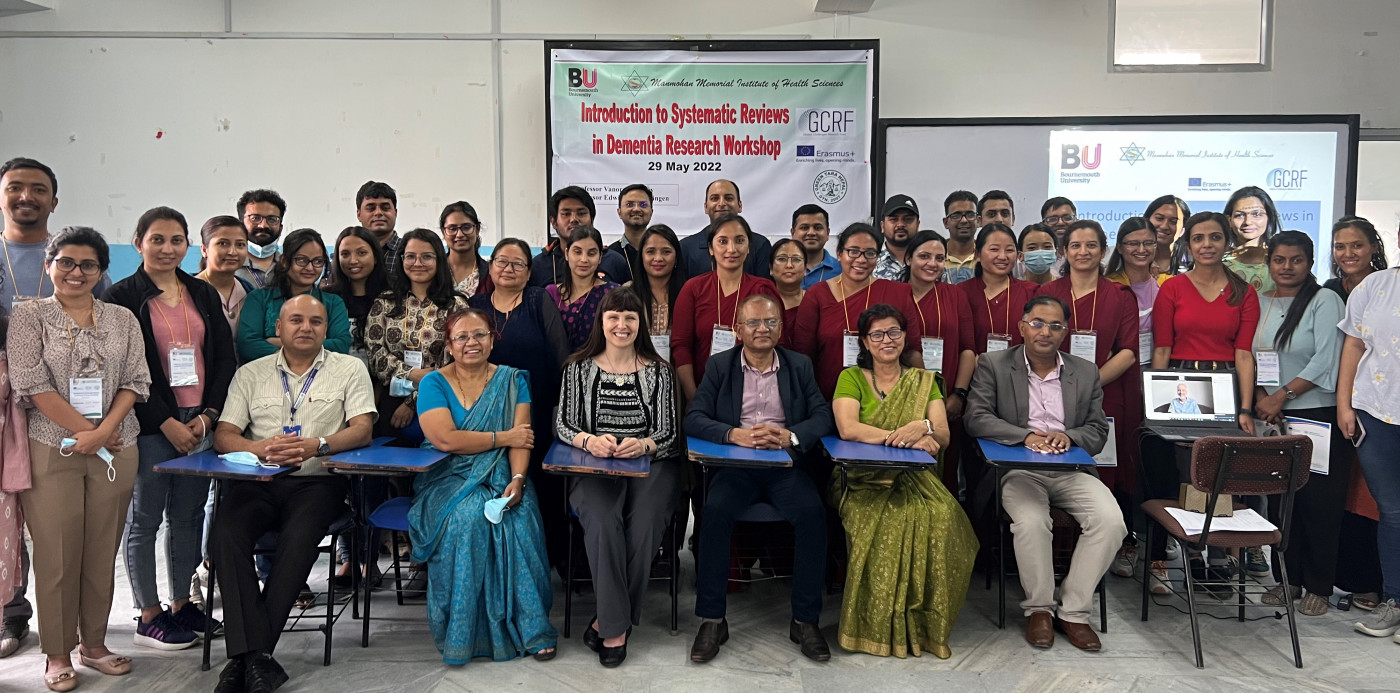

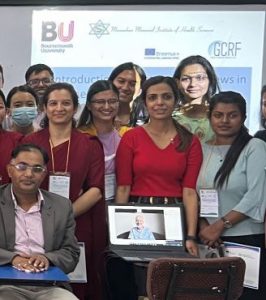
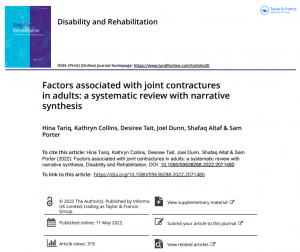

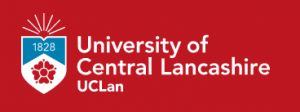
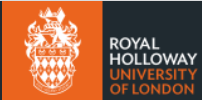

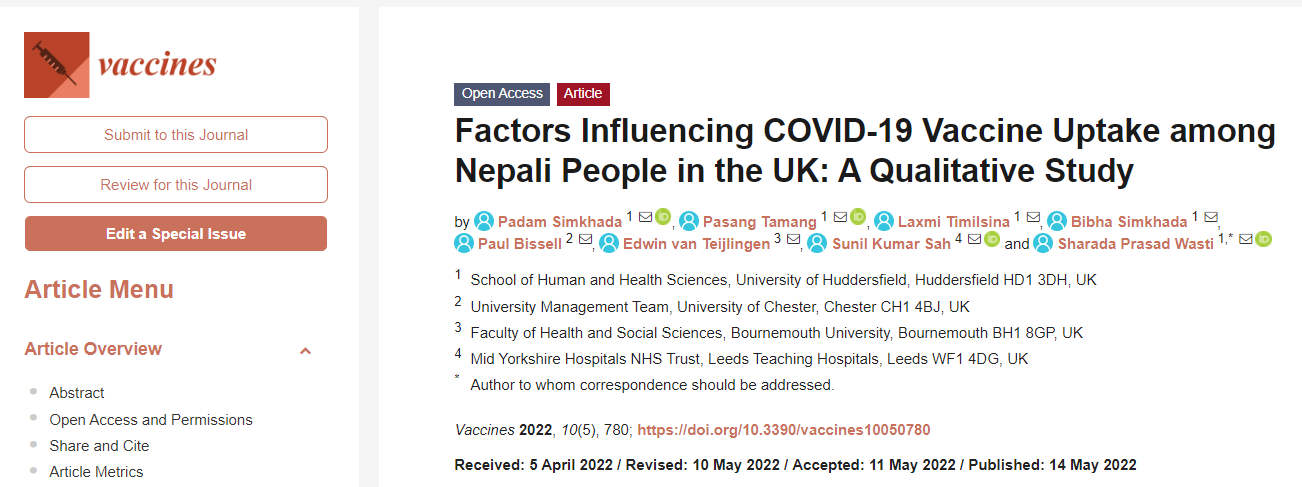











 New CMWH paper on maternity care
New CMWH paper on maternity care From Sustainable Research to Sustainable Research Lives: Reflections from the SPROUT Network Event
From Sustainable Research to Sustainable Research Lives: Reflections from the SPROUT Network Event REF Code of Practice consultation is open!
REF Code of Practice consultation is open! ECR Funding Open Call: Research Culture & Community Grant – Apply now
ECR Funding Open Call: Research Culture & Community Grant – Apply now ECR Funding Open Call: Research Culture & Community Grant – Application Deadline Friday 12 December
ECR Funding Open Call: Research Culture & Community Grant – Application Deadline Friday 12 December MSCA Postdoctoral Fellowships 2025 Call
MSCA Postdoctoral Fellowships 2025 Call ERC Advanced Grant 2025 Webinar
ERC Advanced Grant 2025 Webinar Update on UKRO services
Update on UKRO services European research project exploring use of ‘virtual twins’ to better manage metabolic associated fatty liver disease
European research project exploring use of ‘virtual twins’ to better manage metabolic associated fatty liver disease